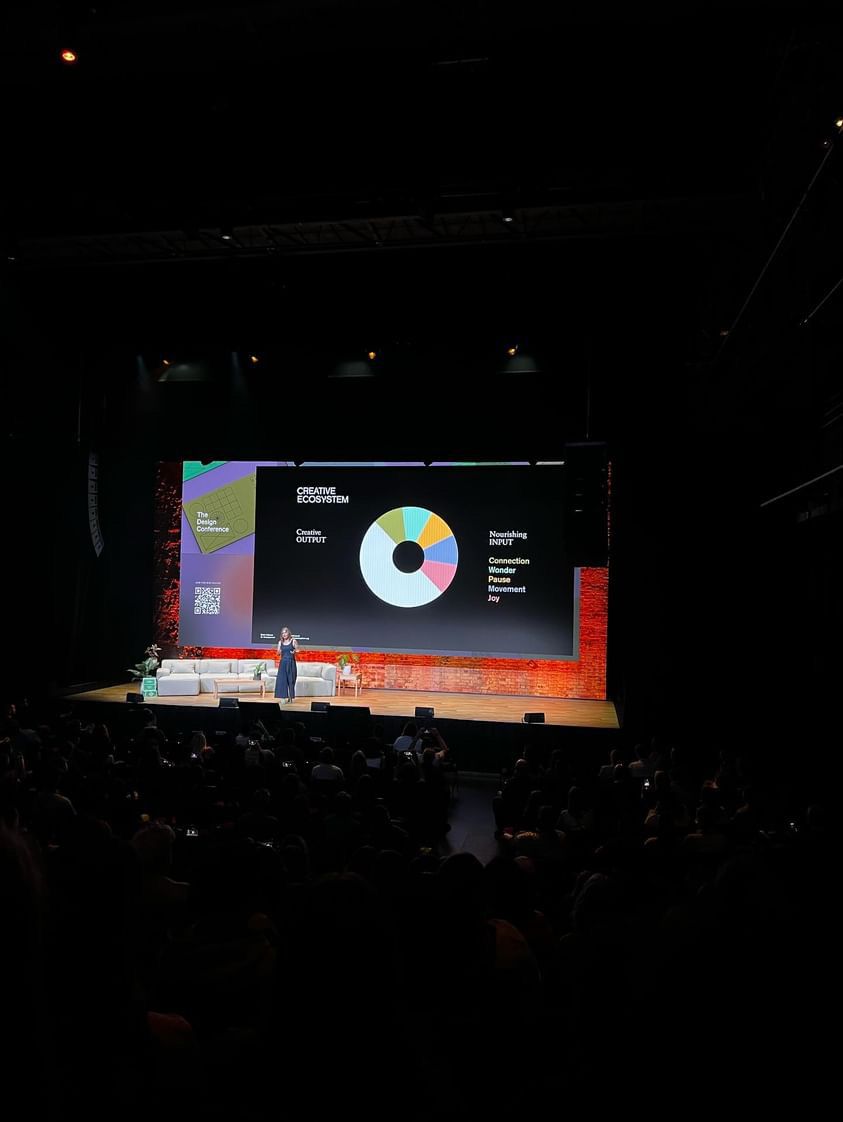Perception is ambiguous and more often than not, misunderstood.

Perception is a remarkable aspect of human cognition that allows us to make sense of the world around us. It shapes our understanding, influences our decisions, and molds our reality.
In our industry we often look for a greater detail of ‘context’ before taking on a new piece of work, as context is critical in building the right message, ensuring the brand we are marketing is perceived in the right way, to achieve the desired outcomes. Come up with a great idea based on the contextual information available and then throw everything you have at it.
We have all, by now watched Prime’s latest blockbuster “Air” (if you haven’t yet, go do so. Great movie) that tells the story of how, in 1984, Nike managed to sign Michael Jordan. At the time Nike only held 18% market share, trailing behind the bigger brands of Adidas, Converse and Puma as they were perceived to be a company that made running shoes. Spoiler alert (if you have been out of touch with reality for the past 30 years), but Nike managed to change this perception with the momentous signing of Michael Jordan and by the creation of the infamous Air Jordan sneaker, which has ever since been marketed as the greatest basketball shoe of all time, worn by the greatest basketball player of all time (LeBron fans, just relax). 2 years later they held 33% and by 1994 they held a total of 70% market share in the Athletic footwear industry.
A great example of how a brand can completely change the public’s perception of it by having a clear goal in mind and then aligning a strategy to reach that goal.
The interesting thing about perception is that it can vary so greatly from person to person, shaping our individual experiences and understanding of the world around us.
Take money, for example. Or more specifically the difference between being a million or billionaire. As a child of the 80’s it was always a seemingly unattainable goal to one day be a millionaire, however, this is no longer the case with the rate of inflation that has happened over the past few decades. So what’s the next monetary aspiration? To become a billionaire? Highly unlikely. When comparing one million seconds to one billion seconds, at first glance, both figures may appear quite large, but the disparity between them is truly mind-boggling. One million seconds equates to roughly 11.6 days. It might sound like a significant amount of time, but in the grand scheme of things, it’s relatively short. It’s akin to a memorable vacation, an eventful fortnight, or even the time it takes for a baby to take their first steps and say their first words. One billion seconds on the other hand translates to approximately 31.7 years! Yes, you read that right. A seemingly modest increase from one million to one billion seconds expands the timespan from a matter of days to several decades. It encompasses an entire generation, insurmountable levels of economic progress and technological advancements.
This comparison further highlights the power of perception and our tendency to underestimate the vast differences between a few misguided insights, and the impact these can have on a brand.
Another great example is the earth’s surface and how we perceive it to be a rough landscape with all its mountains, valleys, and oceans. However, when scaled down to the size of a snooker ball, the irregularities and variations that define our world, the highest peak, Mount Everest, reaching over 8,848 meters, the deepest valleys and canyons would virtually disappear being reduced to microscopic ‘bumps’, virtually indistinguishable to the naked eye.
These imaginative examples reinforce the realization that our perception of many things in our lives, including the brands we interact with daily, are relative and contextual, influenced by the scale at which we observe them.
Our job as marketers is to try and influence how people engage with the multitude of brands that battle out for their attention. To help shape the consumers understanding and appreciation of these brands and the positive role they play in their daily lives.
Dru Mincher
Perth Director
LinkedIn

